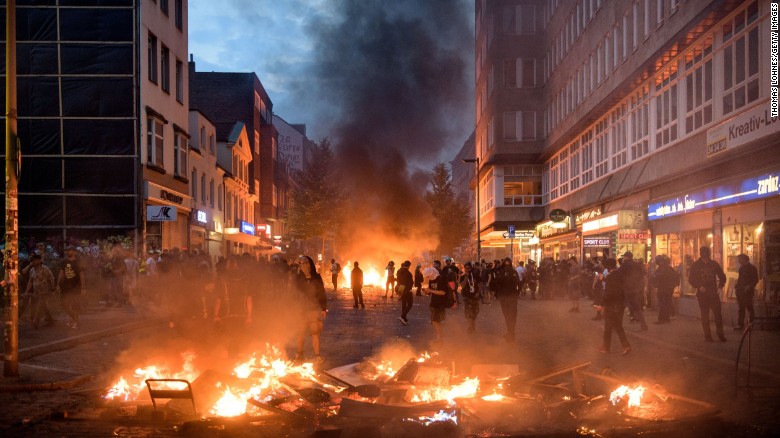The winner of the 10th Annual Impunity Watch Summer Institute Essay Contest is Andrina Kirst. For the contest students discussed the following topic: “Standing up for a Better World: Looking at the Lives of Eleanor Roosevelt, Raphael Lemkin, and Robert H. Jackson.”
You can read Andrina’s winning essay below. Essay Contest Winner

